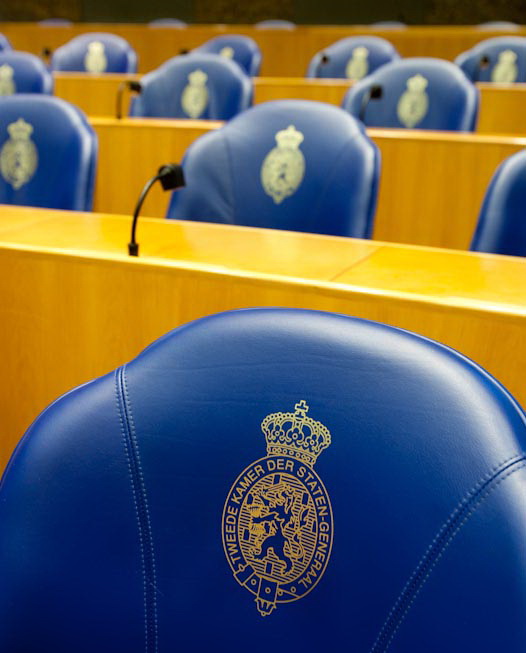
De afdeling Defensie en Veiligheid heeft een voorstel geschreven hoe de Europese Defensie-industrie minder versnipperd en effectiever kan worden georganiseerd. Dit voorstel is in samenwerking met de Federation of European Defence Technology Associations (EDTA) en het Eurodefense netwerk aangeboden aan de Voorzitters van de Europese Commissie, de Europese Raad en nationale autoriteiten.
The reform of juste-retour, compensation and Industrial participation
29 May 2024
The Ukraine War has seriously added relevance to questions about effective ways to reshape the European Defence Technological and Industrial Base (EDTIB). This is especially true in the EU where the traditional focus on national industry through economic offset and industrial participation has led to scattered development and costly production lines.
Current policies of European Member States require compensation or industrial participation for the Defence industry when purchasing capabilities abroad. These are beneficial for the national industry of the Member States in the short and medium term, but complex and a cost driver for industry. In the long term this is not the best economic way forward for the European Union as a whole. National security is still used as main reason for these policies, but interdependence in the EU has risen to a level that strategic autonomy of a single Member State is impossible. Even when export boosts the Member State industry, a certain level of dependence on (sub)systems from other Member States cannot be avoided. Therefore the EU policy is aimed at achieving strategic autonomy of the European Union. Eurodefense recommends the European Commission as well as governments and industries of all Member States to cooperate to reach this goal.
This document broadly outlines a potential future to improve the effectiveness of the Defence industry market from an economic, political and military perspective. To reach this goal it is important to change the current market distorting practice of compulsory offset or industrial participation into a more open market. The implementation of the European Defence Industry Strategy (EDIS) and European Defence Industry Plan (EDIP) are an excellent opportunity to reach this goal.
For this purpose, a new structure is necessary to recognise European companies and allow them to participate within Europe and for exports on an equitable basis. This could be achieved by concentrating Defence capability development in a limited number of clusters in Europe. Each ‘cluster’ dedicated to a specific defence technology area consisting of European established enterprises and institutes reinforcing each other. A limited number of clusters per technology area, strategically spread across the continent. This structure limits the abundance of different systems in Europe, supports harmonisation of requirements and technical standards and supports international cooperation. However, political budget planning and procurement procedures needs to be aligned as well to fully profit of these improvements. For this reason, we recommend to develop an EDTIB Act for this new cluster structure.
Similarly, we recommend to strategically spread production throughout Europe in order to allow continued manufacturing in times of crisis and war. This concept of clusters is flexible to allow easy scale-up and scale down production whenever required. This will also smooth out price fluctuations.
This new concept of technology clusters consisting research, development and production facilities, strategically spread across the European continent, could be a new and modern policy for European defence industry. A policy that recognises the needs of Member States and companies, and is beneficial for all of us. In peace and war. This should lead to a more stable and prosperous defence-industry and a better long term focus of Member States and the Commission on clearly defined areas of defence-technology and production.


